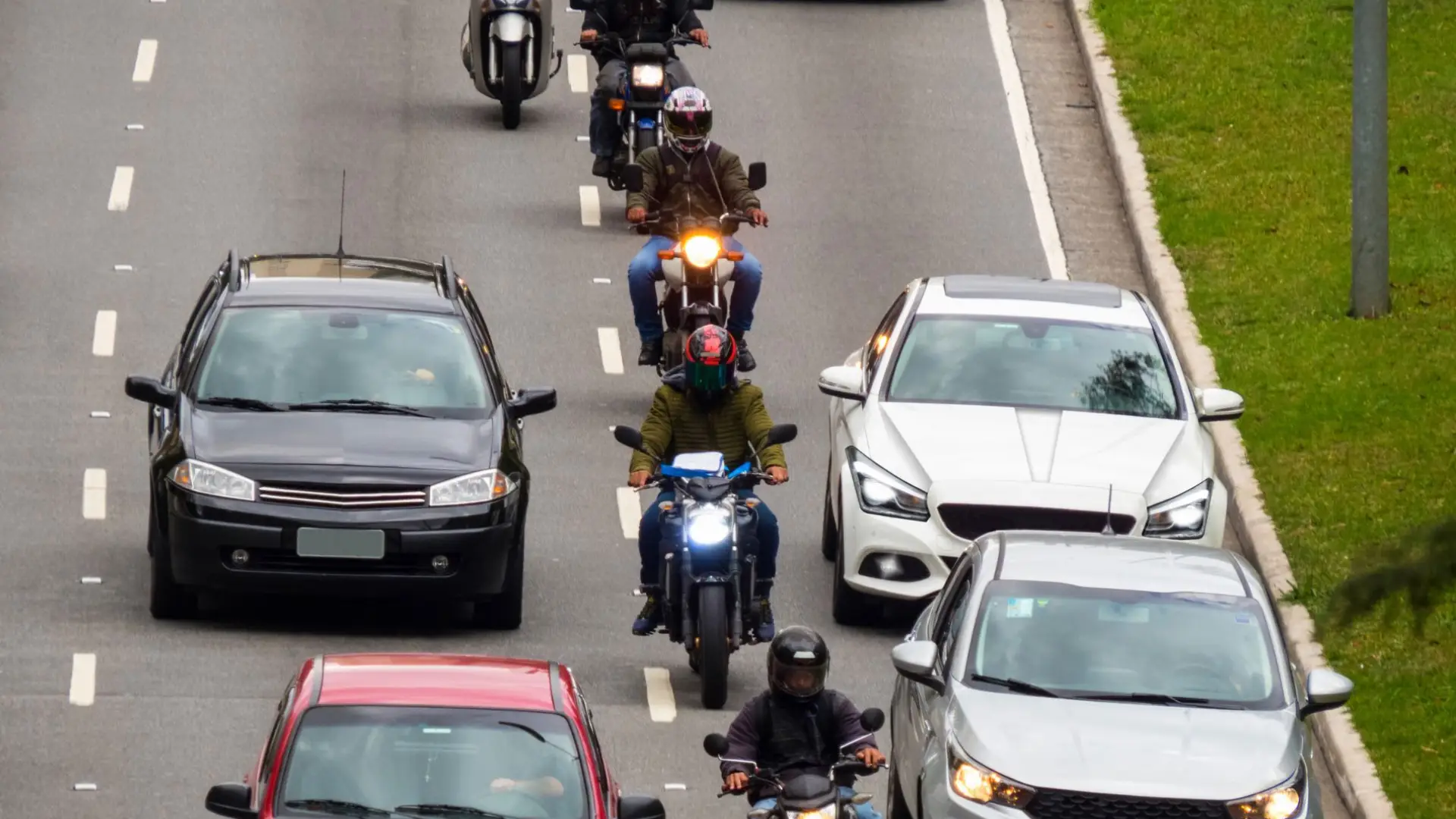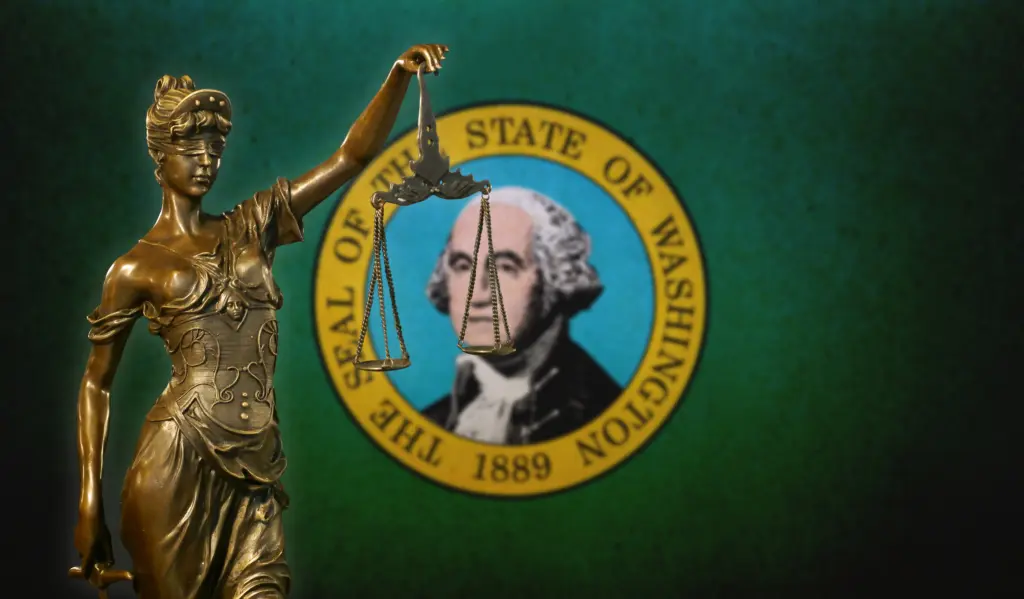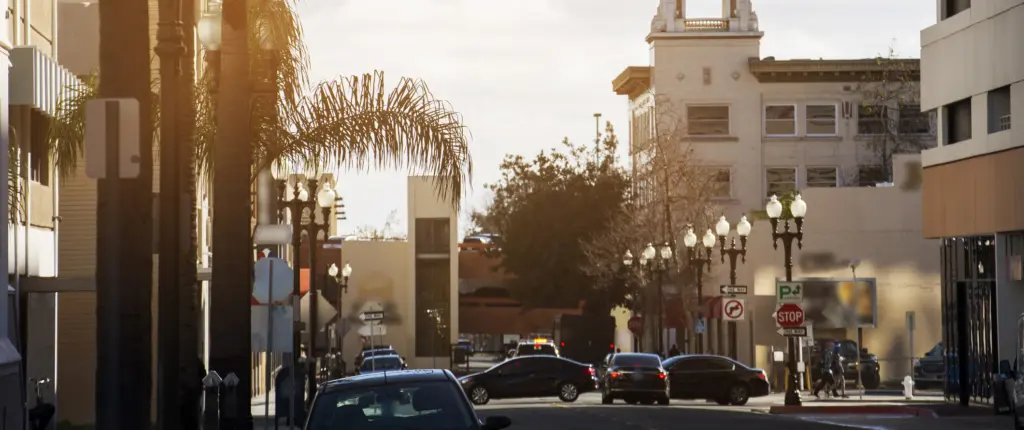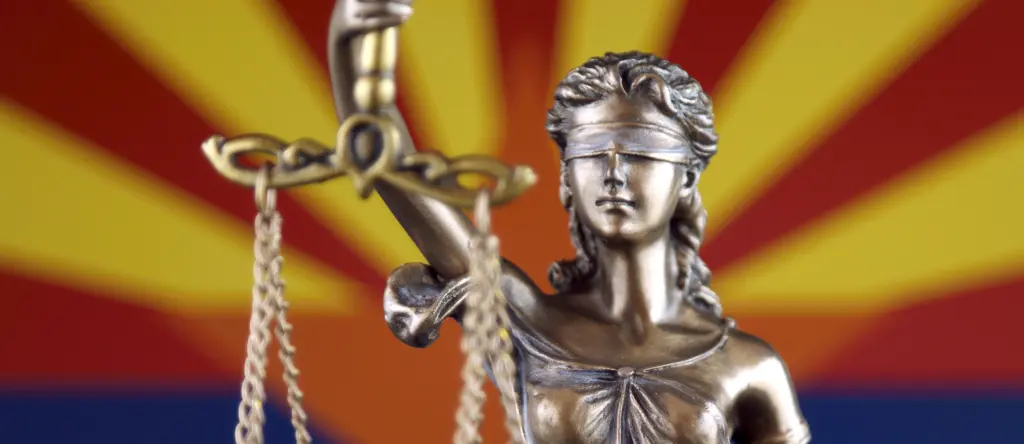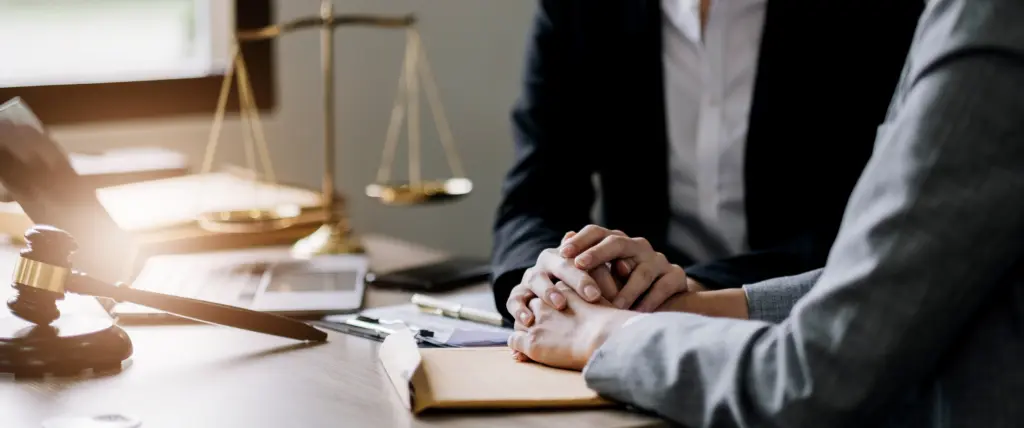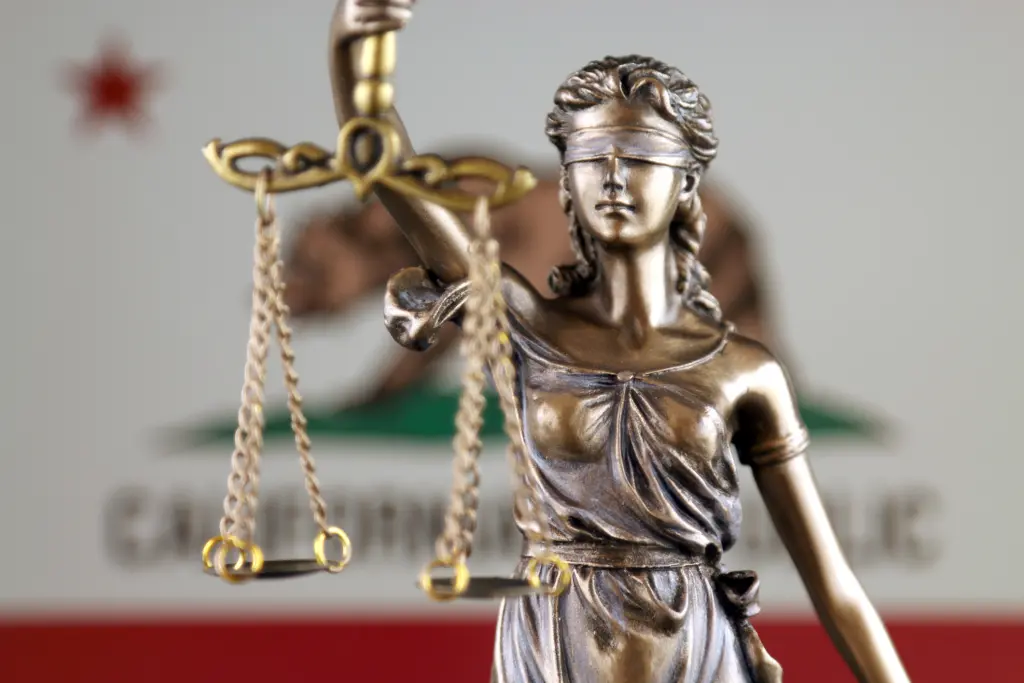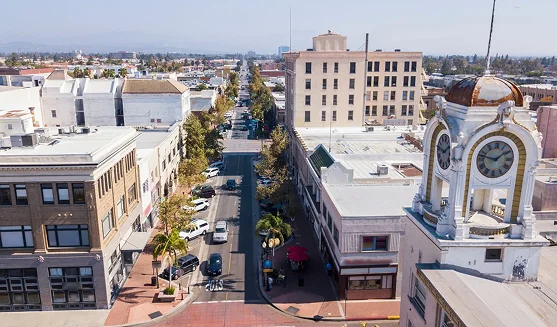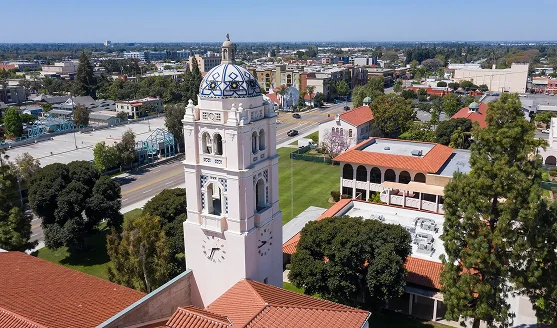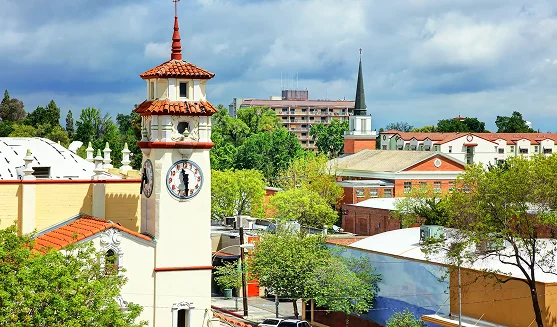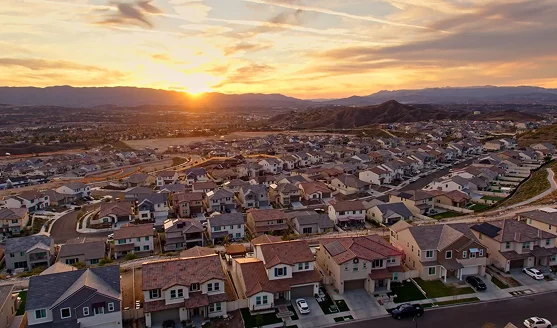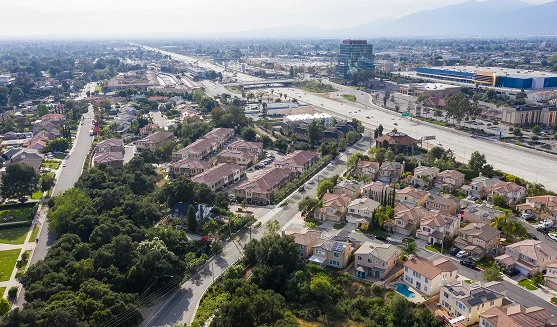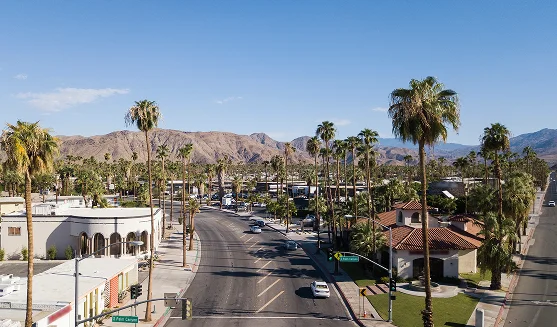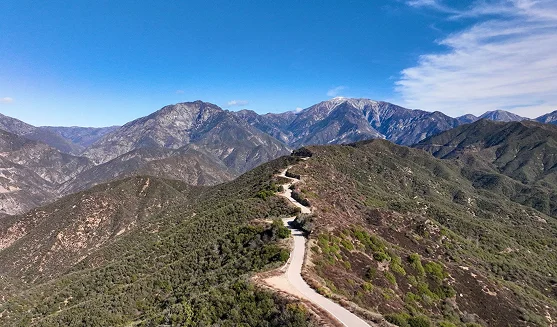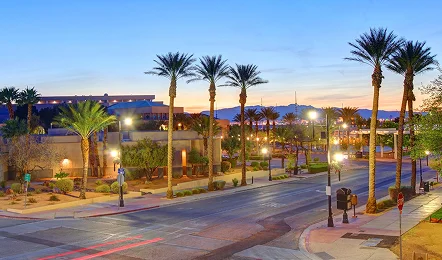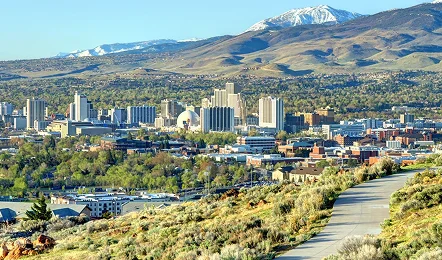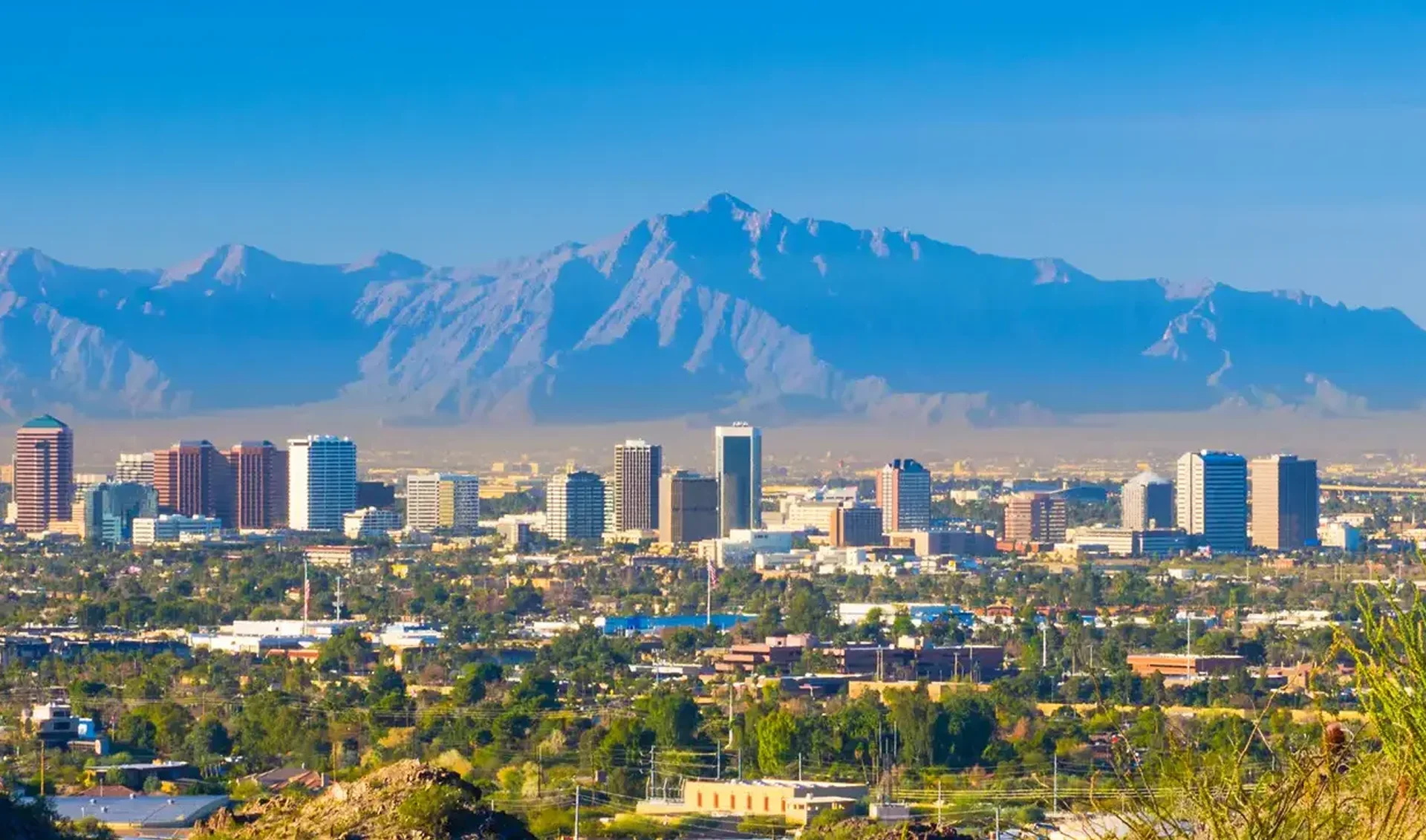Navigating through heavy traffic on a motorcycle often feels like threading a needle slow, tedious, and sometimes risky. To avoid long waits, many motorcyclists turn to lane filtering, a maneuver that involves riding between lanes of slow-moving or stopped traffic. But while this technique may seem practical or even necessary in congested areas, it raises a key legal question: Is lane filtering actually legal? Whether you’re a motorcyclist looking to stay within the law or a driver curious about your rights on the road, this guide will help clear up the confusion.
What Is Lane Filtering?

Lane filtering is when a motorcycle or scooter moves between lanes of slow moving or stopped traffic, usually at a lower speed. Not to be confused with lane splitting which is riding between lanes at higher speeds or when traffic is moving. Lane filtering helps riders avoid rear end collisions and navigate congested roadways and doge traffic more efficiently. But the legality of lane filtering varies across the United States, with each state having their own take on the law.
Is Lane Filtering Legal in the United States?
Lane filtering laws in the U.S. are always changing, since there’s no single federal rule that covers it, it’s more of a state issue. Currently only a handful of states allow lane filtering or lane splitting under defined circumstances while the majority either ban it outright or have unclear rules that could get you fined or penalized. Below we break it down state by state and examine the laws.
States Where Lane Filtering Is Legal
California
California allows lane filtering (also called lane splitting) for motorcyclists. It’s the only U.S. state where this practice is explicitly legal under California Vehicle Code Section 21658.1. Motorcyclists can ride between lanes of slow-moving or stopped traffic, provided it’s done safely and correctly. The California Highway Patrol (CHP) provides guidelines, recommending riders not exceed 10 mph above the speed of surrounding traffic and avoid lane splitting at speeds over 30 mph..
However, if you filter or split in a way that’s deemed unsafe—such as driving too fast, weaving inappropriately, or creating a hazard—you could be cited under general traffic charges like unsafe passing, reckless driving, or following too closely under California Vehicle Code § 21658.1 and § 545. When this happens, fines can add up. In general, you’ll see fines in the range of around $400, including court fees.
Utah
Utah legalized lane filtering in 2019, allowing motorcyclists to filter between stopped vehicles on roads with speed limits of 45 mph or less. Filtering is only permitted when traffic is completely stopped, and the motorcycle’s speed does not exceed 15 mph. The law is intended to protect riders from rear-end collisions during heavy traffic.
Montana
In 2021, Montana joined Utah by legalizing lane filtering for motorcycles. Riders may filter when traffic is moving at 10 mph or less, and only if the motorcycle does not exceed 20 mph. This law applies on roads with two or more lanes in the same direction.
Arizona
Arizona became the fourth state to legalize lane filtering, with the law taking effect in September 2022. Under Arizona law, motorcyclists may filter between stopped cars on roads with speed limits of 45 mph or lower, but only when traffic is at a complete stop. Filtering is not allowed on highways or at higher speeds, and the rider’s speed may not exceed 15 mph while filtering.
Colorado
As of August 2024, Colorado now permits lane filtering under specific circumstances. The new law allows motorcycles to filter between stopped vehicles on roads with speed limits up to 40 mph, but only when all traffic is at a complete stop. Motorcyclists may not filter at speeds greater than 15 mph and must yield to pedestrians and cyclists at all times.
States Where Lane Filtering Is Illegal or Unclear
Most states have laws that prohibit lane splitting or lane filtering or enforce general traffic laws that make it illegal by default. Some states like Texas and Florida don’t have specific statues but treat lane filtering as an unsafe maneuver under their broader traffic safety laws. In these states police can cite riders for improper lane changes or reckless driving.
Penalties for Lane Filtering Where Prohibited
Penalties for lane filtering in states where it’s not allowed can range from traffic citations and fines to more severe consequences like license points or in the case of an accident fault being assigned to the rider. Riders cited for lane filtering may also see increased insurance rates or difficulty contesting traffic violations.
Safety Tips
For riders in states where lane filtering is allowed follow these safety practices:
- Only filter between stopped or slow moving vehicles.
- Do not exceed recommended speed.
- Avoid filtering near large trucks or buses.
- Be aware of sudden lane changes, opening doors or distracted drivers.
- Always wear high visibility gear.
Following these guidelines will help reduce the risk of accidents and keep both riders and motorists safe.
Lane Filtering vs Lane Splitting: What’s the Difference?
People think the two are the same. Simply put, lane filtering and lane splitting have different meanings:
- Lane Filtering: Riding between lanes of stopped or very slow moving traffic, usually at intersections or in heavy traffic jams.
- Lane Splitting: Riding between lanes of moving traffic, often at higher speeds.
Know the Law Before You Filter
If you’ve been hurt in a car accident—especially if someone else was at fault—you shouldn’t have to deal with the aftermath on your own.
Our experienced legal team at West Coast Trial Lawyers understands how overwhelming the claims process can be, and we’re here to handle every detail while you focus on your recovery. We’ll stand up to the insurance companies and make sure your rights are protected from day one.
If you want answers, real support, and a team that gets results, contact us today at (213) 927-3700 or fill out our online contact form for a free consultation!
Frequently Asked Questions About Lane Filtering
Is Lane Filtering Safe?
Studies show that when done responsibly lane filtering can reduce certain types of accidents. But risks increase if done at high speeds or in unsafe conditions.
Can Lane Filtering Save Time?
Yes. Riders who filter can avoid being stuck in traffic, reduce commute time and exposure to stop and go traffic dangers.
Do Car Drivers Need to Make Way for Filtering Motorcycles?
In states where filtering is legal drivers are generally not supposed to block or impede motorcycles that are legally filtering. But aggressive blocking is illegal everywhere.
What If I’m Involved in an Accident While Filtering?
If you are in a state where lane filtering is legal and you are involved in an accident while filtering you may have a stronger case for not being at fault if you followed all the rules. In states where filtering is prohibited you may be considered at fault for violating traffic laws.
